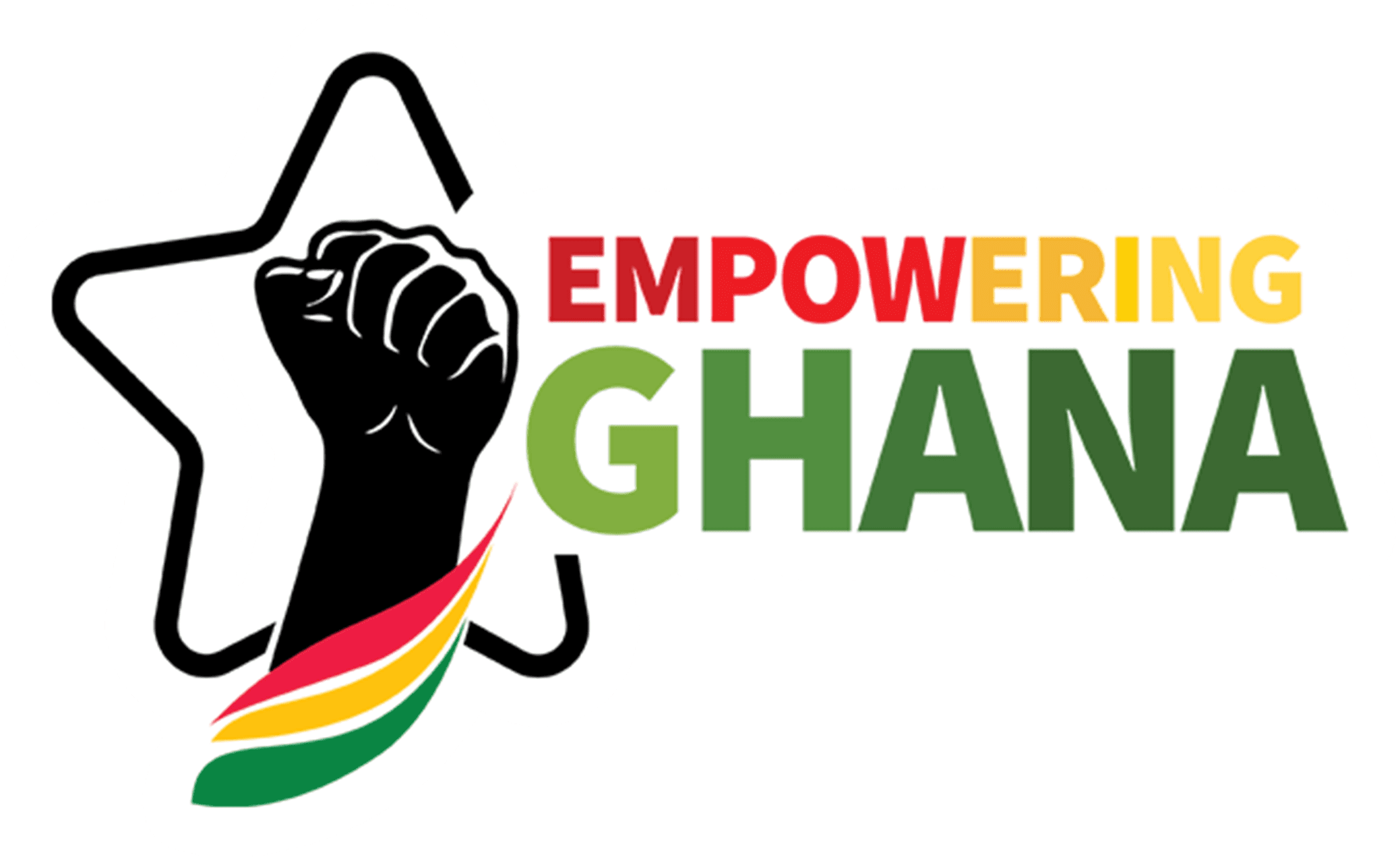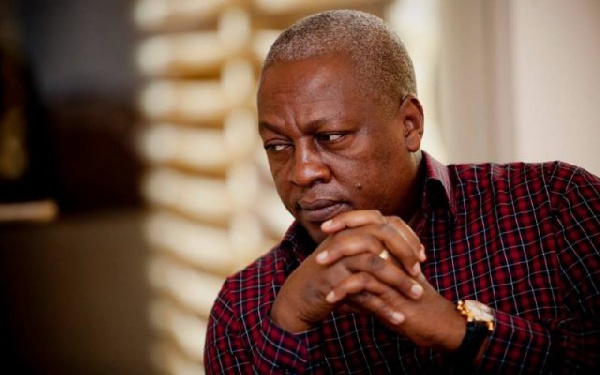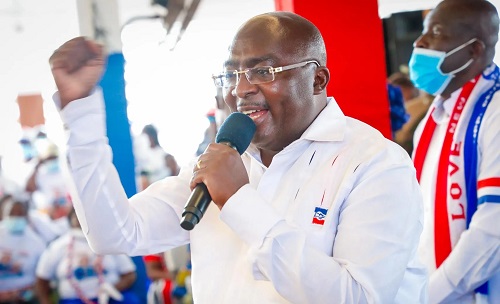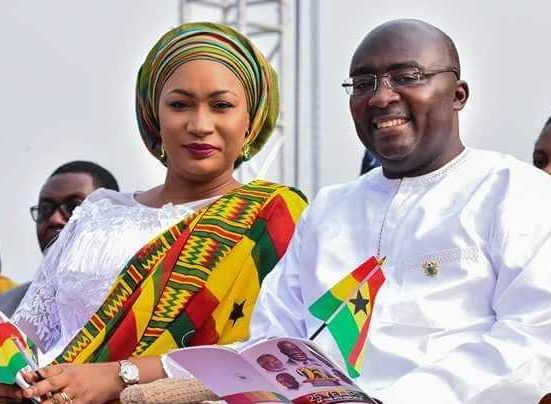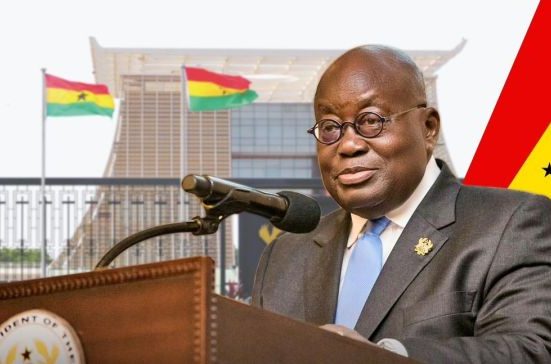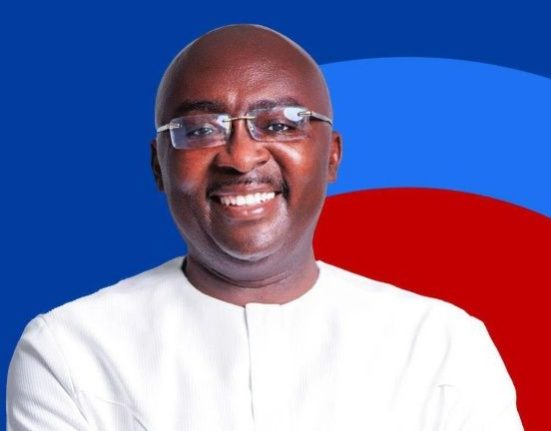Former President John Mahama’s recent pledge to establish a Women’s Bank if elected has sparked discussion nationwide in Ghana. While ostensibly aimed at tackling gender-specific financial challenges, the proposal raises several pivotal questions: What are the underlying motives behind this policy? Is it a reactive response or a carefully strategized initiative? How will this proposed Women’s Bank differ from existing schemes such as MASLOC? And what implications might it have for Women’s World Banking Ghana (WWBG)?
At its core, the former president asserts that the proposed Women’s Bank seeks to economically empower women through tailored financial products and services. However, details on how it will effectively address women’s unique financial needs, unmet by current institutions, remain vague.
The timing of this announcement, often coinciding with election cycles and promises aimed at pivotal demographics, suggests a potentially reactionary move or a bid to court female voters. The absence of comprehensive implementation plans further suggests it may lack the thorough groundwork needed for success.
MASLOC was established to serve underbanked populations, including women, highlighting the need for the Women’s Bank to surpass its efficacy. Overcoming issues like inadequate funding, political interference, and operational inefficiencies will be crucial for its success.
While a Women’s Bank could potentially improve credit access, financial literacy, and savings among women, achieving these goals hinges on its operational model, governance, and political independence.
The current proposal’s lack of specific plans on these fronts raises doubts about its practicality and unique value proposition. WWBG already provides essential financial services to low-income women, prompting concerns about redundancy or market fragmentation if the state-sponsored Women’s Bank is not well-integrated.
John Mahama’s commitment to establishing a women’s bank underscores the importance of women’s financial inclusion. However, its current form appears more as a political gesture than a fully developed policy.
The absence of detailed implementation plans, potential overlap with existing institutions, and the timing of the announcement all contribute to skepticism about its feasibility and necessity. For the proposal to be credible, it must be supported by a clear strategy, specific objectives, and a commitment to learning from past shortcomings, such as those seen with MASLOC.
Without these elements, the Women’s Bank risks being viewed as another unfulfilled political promise rather than a genuine effort to empower women economically.
Emmanuel Senyo Amekplenu
